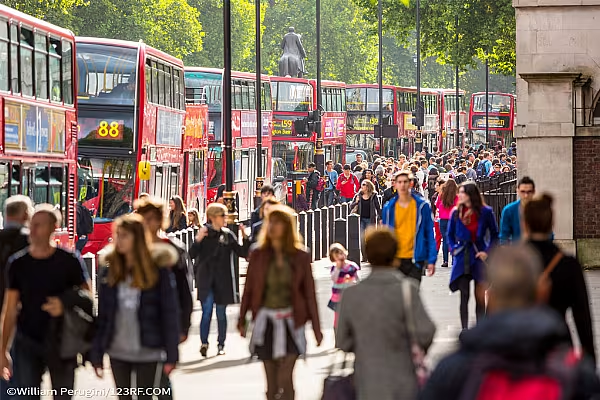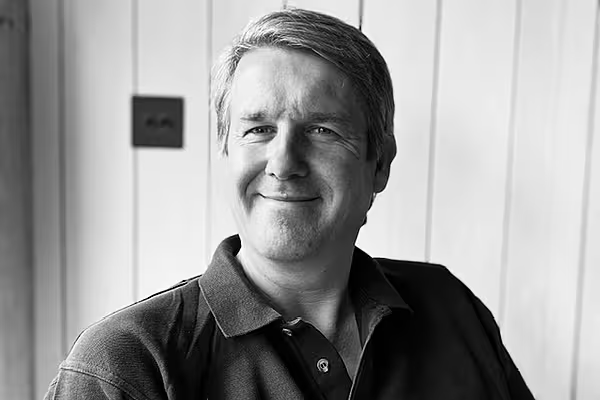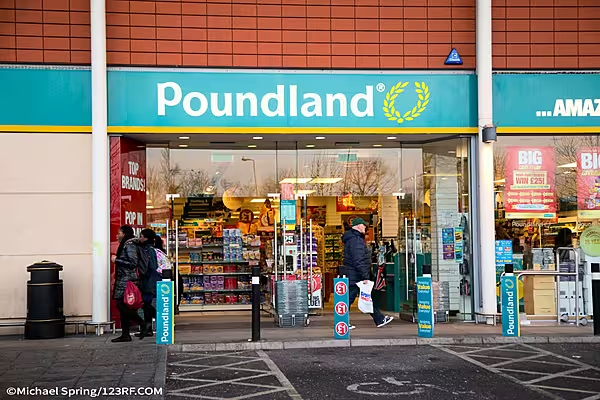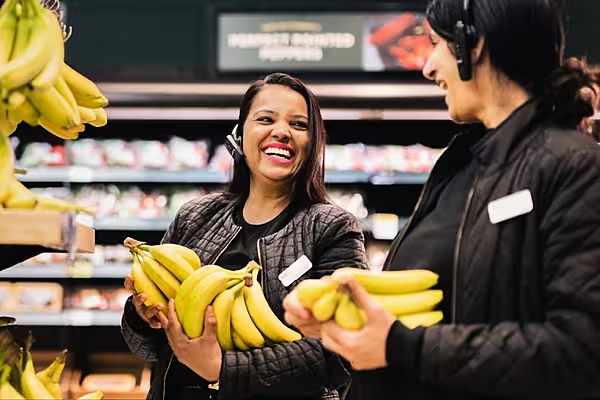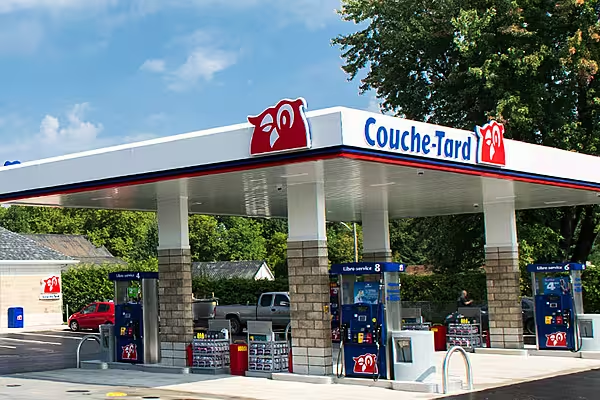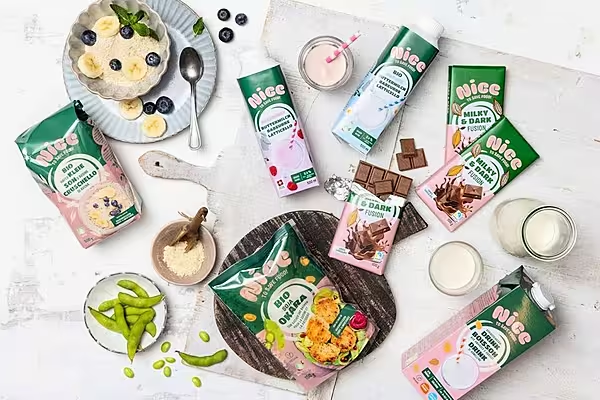Shoppers at British store chains have seen the slowest increase in prices in almost a year and a half, but retailers might struggle to keep inflation on its downward path, the British Retail Consortium said.
The BRC said annual shop price inflation dropped to 4.3% in the 12 months to November, its weakest since June 2022 and slower than October's 5.2% rise.
It was the sixth month in a row that the pace of price growth weakened.
Food price inflation fell to 7.8% from 8.8% on the year but rose 0.3% in November from October.
Non-food inflation eased to an annual 2.5% from 3.4%.
Falling Inflation
BRC chief executive Helen Dickinson said there was a risk that the fall in inflation could stall or go into reverse because of rising business rates – a property-based tax – plus new regulations and a jump in the minimum wage.
"Retailers are committed to delivering an affordable Christmas for their customers," she said. "They face new headwinds in 2024 - from government-imposed increases in business rates bills, to the hidden costs of complying with new regulations."
Britain's broader official consumer price inflation peaked at 11.1% in October 2022 and was 4.6% in October this year.
Interest Rate Increases
The Bank of England has paused its run of interest rate increases after 14 consecutive hikes. But Governor Andrew Bailey and other top officials say it is too early to think about cutting borrowing costs.
Elsewhere, Mike Watkins, head of retailer and business insight at NIQ added, "With the recent slow-down in consumer spending, many non-food retailers will have been reliant on Black Friday to kick starts sales to avoid discounting in December, whereas food retailers will be optimistic that footfall will increase as inflation slows and shoppers get into a festive mood."
Additional reporting by ESM
